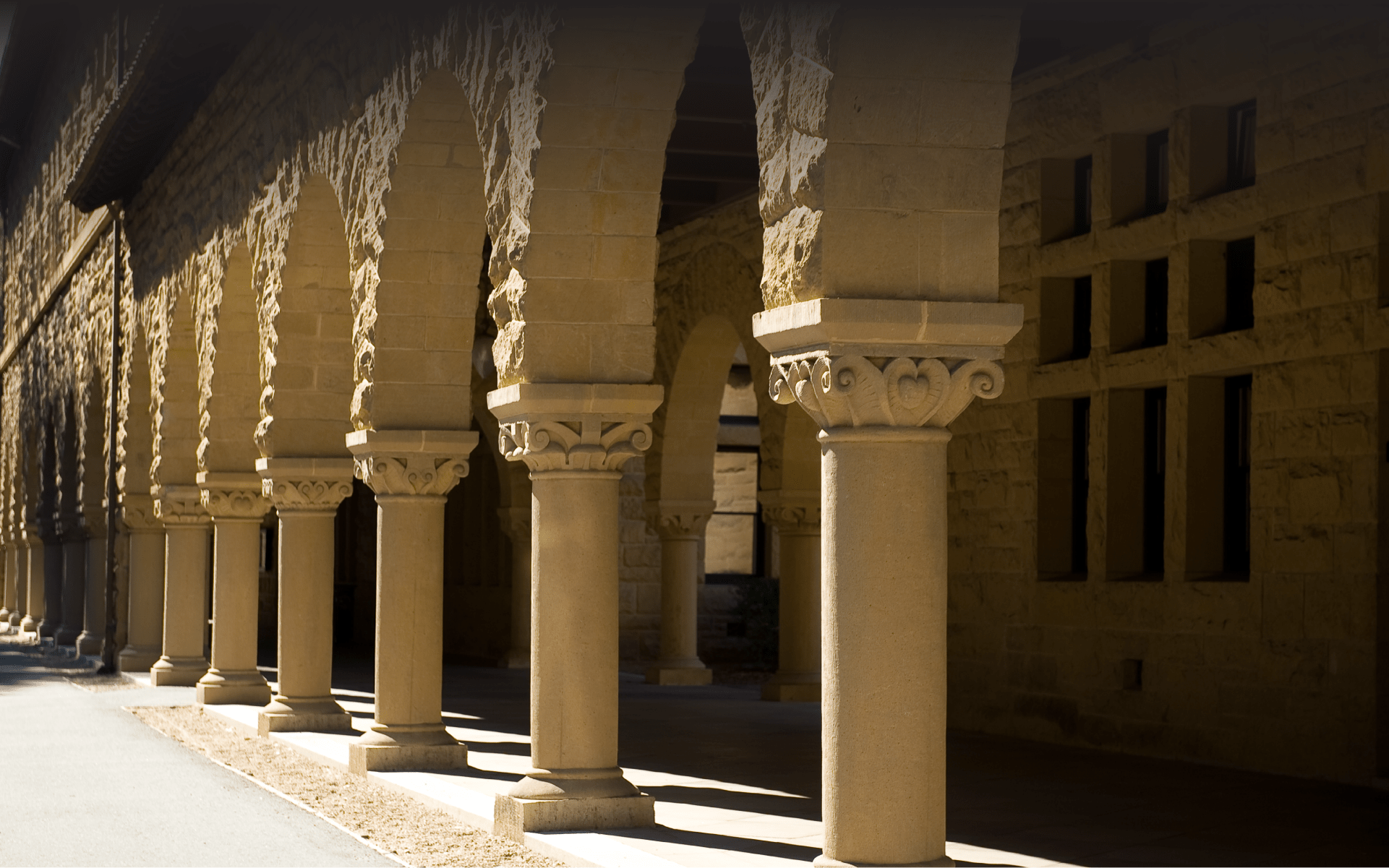SCI 51 — Climate Change: Our Global Ecology and What You Can Do
Spring
Wednesdays
7:00—8:50 pm
Date(s)
Apr 6—May 18
7 weeks
Drop By
Apr 19
1 Units
Fees
$290
Format
On-campus course
Open
Human activity is resulting in climate change. That is beyond scientific dispute. Today’s greenhouse-gas emissions are the highest in history and are affecting every aspect of life on earth. Given that our personal and social well-being is inextricably linked to environmental well-being, what can be done? How can we restore the earth’s natural balance while feeding an ever-industrializing and technocratic lifestyle? These questions are at the heart of this course, which will interest those who are curious about the science of climate change, their personal impact on the climate, and practical solutions to this mounting problem.
The course will provide an overview of historic and current drivers of climate change, their far-reaching impacts, and powerful examples of ecological conservation and positive change. The course will feature guest speakers who will discuss a range of timely subjects. Topics will include: global ice melt and ocean acidification, and how they affect delicate ecosystems; the impact of overconsumption versus a minimal-waste lifestyle; the food systems that offer a sustainable alternative to factory farming; the eco-village movement; and the dawn of experiential education. The course will also feature a special module on the current drought in California and its roots in climate change. By the end of the course, students will come away understanding our impact on global climate systems and empowered to make changes in their daily lives.
The course will provide an overview of historic and current drivers of climate change, their far-reaching impacts, and powerful examples of ecological conservation and positive change. The course will feature guest speakers who will discuss a range of timely subjects. Topics will include: global ice melt and ocean acidification, and how they affect delicate ecosystems; the impact of overconsumption versus a minimal-waste lifestyle; the food systems that offer a sustainable alternative to factory farming; the eco-village movement; and the dawn of experiential education. The course will also feature a special module on the current drought in California and its roots in climate change. By the end of the course, students will come away understanding our impact on global climate systems and empowered to make changes in their daily lives.
Marina Oster, Climate Scientist; Instructor, Stanford Summer College Academy
Marina Oster’s area of expertise lies in climate change and conservation. Her research looks at the effect of climate change on chemical communication of invasive weeds and plant-insect interactions. She has taught at Stanford for six years in the departments of Biology, Earth Systems, and Psychiatry, and at the Hopkins Marine Station. She received a PhD in biology from Stanford.Textbooks for this course:
(Required) David W. Orr, Earth in Mind: On Education, Environment, and the Human Prospect, Second Edition (ISBN 978-1559634953)
